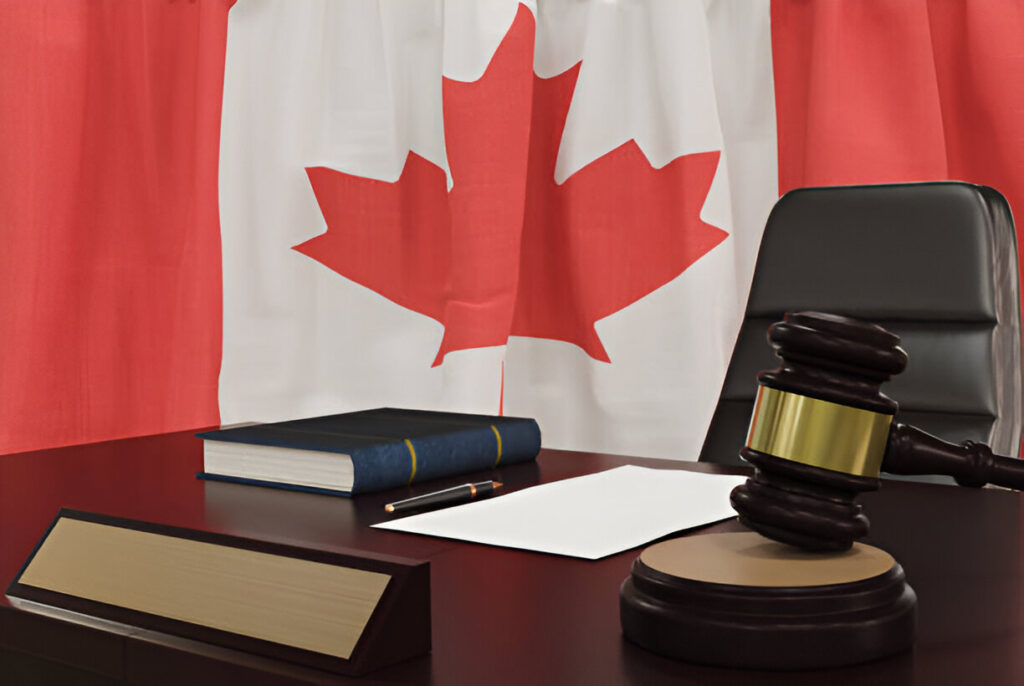Separation can feel overwhelming. You might be unsure of what steps to take next. Understanding your rights and responsibilities is crucial. In Ontario, these rights determine how you proceed. You may worry about dividing assets, sharing custody, or handling finances. With the right information, you can make informed decisions. Knowing the basics of separation law simplifies the process and reduces stress. Secure legal guidance for separation in Ontario to ensure you’re on the right path. By learning your rights, you make choices that protect you and your family. Responsibilities during separation include fair asset distribution and child support. You must also know the legal steps involved. Clarity in these matters prevents disputes. Clear information empowers you to face each step with confidence. Navigating separation is tough. Yet, with the right support and knowledge, you gain control over your situation and prepare for a stable future.
Understanding Your Rights
In Ontario, separating spouses have specific rights. These rights cover property division, financial support, and parenting. You have the right to a fair division of your marital property. Ontario law considers the value of property accumulated during the marriage. Each spouse is entitled to half of the net family property.
Regarding children, both parents have equal rights and responsibilities. Decisions about where children will live and how time is shared must be agreed upon. You have the right to support according to your circumstances. Ontario’s Family Law Rules detail these rights and obligations clearly.
Responsibilities to Fulfill
Separation comes with responsibilities. One is ensuring financial fairness. You must disclose all assets and debts. Hiding assets or not providing full disclosure can lead to legal consequences.
Child support is another key responsibility, Both parents share this duty. The amount depends on income and the number of children. The government provides a Child Support Calculator to help determine amounts.
Legal Steps to Consider
Legal steps guide separation smoothly. First, consider mediation. It helps resolve disputes without court. If that fails, you may file a separation agreement. This document outlines the agreed terms of separation. It covers property, debts, custody, and support.
If you can’t agree, going to court may be necessary. Courts decide based on fairness and children’s best interests. Understanding the legal process reduces uncertainty and stress.
Comparison of Separation and Divorce
| Aspect | Separation | Divorce |
| Marriage Status | Still legally married | Legally ended |
| Legal Process | No court needed unless disputes arise | Requires court process |
| Property Division | Handled through agreement or court | Finalized through court |
| Support Obligations | Maintain responsibilities | Defined by final decree |
Common Mistakes to Avoid
During separation, mistakes can complicate matters. Avoid not formalizing agreements. Verbal agreements often lead to disputes. Always document agreements in writing.
Avoid neglecting children’s needs. Focus on their well-being. Make decisions that promote stability and continuity in their lives.
Lastly, do not skip legal advice. Misunderstanding your rights or responsibilities can harm your interests. Professional guidance ensures that you make informed choices.
Support Resources
Support is available. Legal aid services help those with low income. Counseling services provide emotional support. Ontario offers numerous resources to ease the transition.
Reliable information and support help navigate separation with confidence. By understanding your rights and responsibilities, you ensure a smoother process. Remember, you are not alone. Support is available to guide you through each step.


